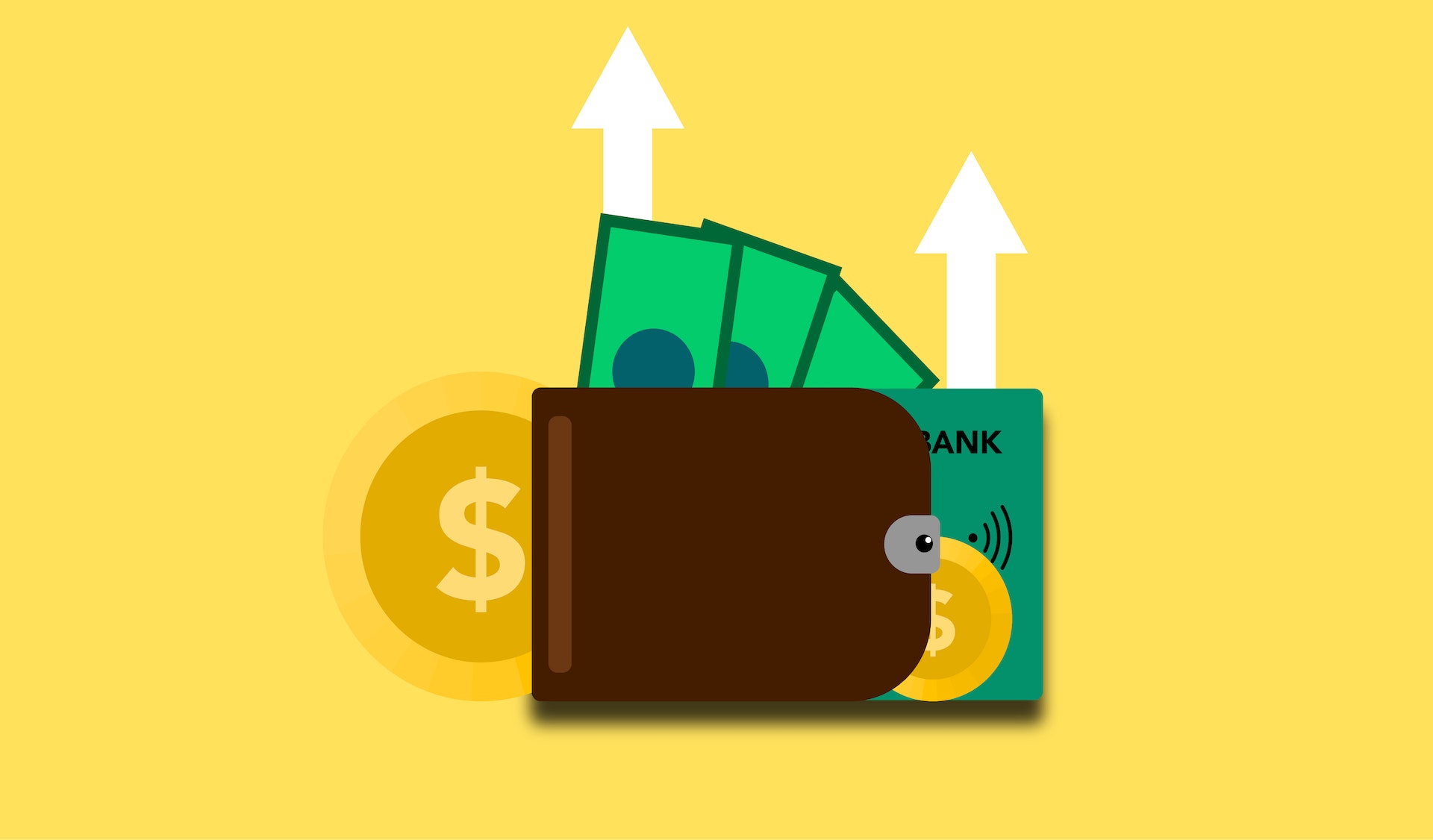Building a strong credit profile is a fundamental step for any business seeking financial stability and growth. Just as individuals have personal credit scores, businesses have their own credit history and ratings. Business credit not only determines your ability to secure financing but also influences your relationships with suppliers, vendors, and partners. In this article, we will provide a comprehensive introduction to building business credit, highlighting its importance and the initial steps involved.
Understanding Business Credit:
Business credit is a reflection of a company’s creditworthiness and financial responsibility. It is a measure of how well a business manages its debts and fulfills its financial obligations. Lenders, suppliers, and other business partners often rely on business credit scores to assess the risk associated with extending credit or entering into business relationships. Establishing strong business credit demonstrates your company’s stability and reliability, opening doors to favorable loan terms, higher credit limits, and improved access to capital.
Key Differences from Personal Credit:
While personal and business credit share similar principles, there are distinct differences between the two. Personal credit primarily focuses on an individual’s financial history and payment behaviors, whereas business credit concentrates on a company’s financial performance and payment history. Building business credit is essential for separating your personal finances from your business finances, protecting personal assets, and ensuring the longevity of your enterprise.
Six Simple Steps To Building Business Credit
- Establishing a Separate Legal Entity: The first step towards building business credit is to create a distinct legal structure for your company, such as forming a corporation or limited liability company (LLC). This separation provides legal protection and demonstrates that your business is a separate entity from your individual self.
- Obtaining an Employer Identification Number (EIN): An EIN is a unique nine-digit number assigned by the IRS to identify your business for tax purposes. It is necessary for various credit-building activities, such as opening a business bank account and applying for trade credit. You can obtain an EIN by applying online through the IRS website.
- Opening a Business Bank Account: Opening a dedicated business bank account is crucial for separating your personal and business finances. It establishes a clear delineation between your personal assets and those of your business, contributing to your credibility with lenders and vendors. Choose a reputable bank that offers business banking services, and ensure you have all the necessary documentation, including your EIN and legal business formation documents.
- Establishing Trade Lines: Trade lines are credit accounts that report your payment history to business credit bureaus. Establishing trade lines, such as vendor credit accounts or business credit cards, is an effective way to build business credit. Start by applying for trade credit with suppliers or vendors who are willing to extend credit to your business. Ensure that these creditors report your payment history to business credit bureaus.
- Making Timely Payments: Timely payments are vital for maintaining a positive credit profile. Paying your bills on time not only avoids penalties and late fees but also demonstrates your commitment to meeting financial obligations. Establish a system to manage your cash flow effectively, set up payment reminders, and prioritize timely payments to avoid negative impacts on your credit.
- Monitoring and Reviewing Your Credit Reports: Regularly monitor and review your business credit reports from major credit bureaus like Dun & Bradstreet, Experian, and Equifax. These reports provide insight into your credit history, payment patterns, and overall creditworthiness. Monitoring your reports helps you identify and rectify any errors, discrepancies, or fraudulent activities promptly.
Building business credit is a gradual and ongoing process that requires diligence and financial responsibility. By establishing a separate legal entity, obtaining an EIN, opening a business bank account, establishing trade lines, making timely payments, and monitoring your credit reports, you can lay a solid foundation for a strong business credit profile. It’s important to remember that building business credit takes time, and consistency is key.
As you progress in building your business credit, you’ll start to see the benefits. Lenders will be more inclined to offer you favorable loan terms, suppliers may provide better pricing and terms, and you’ll have access to higher credit limits. These advantages can greatly support your business’s growth and financial stability.
It’s worth noting that building business credit is not a one-time task. It requires ongoing effort and attention to maintain a positive credit profile. Regularly review your credit reports, continue making timely payments, and nurture relationships with your creditors and suppliers. Building a strong business credit profile is an ongoing journey that evolves alongside your business.
In the following articles of this series, we will delve deeper into each step of building business credit, providing more detailed guidance and practical tips. Stay tuned to learn more about establishing a separate legal entity, obtaining an EIN, opening a business bank account, establishing trade lines, making timely payments, and monitoring your credit reports.
Remember, building business credit is an investment in the long-term success of your business. By following these steps and taking proactive measures to build and maintain your credit profile, you will enhance your business’s financial reputation and unlock opportunities for growth and prosperity.

